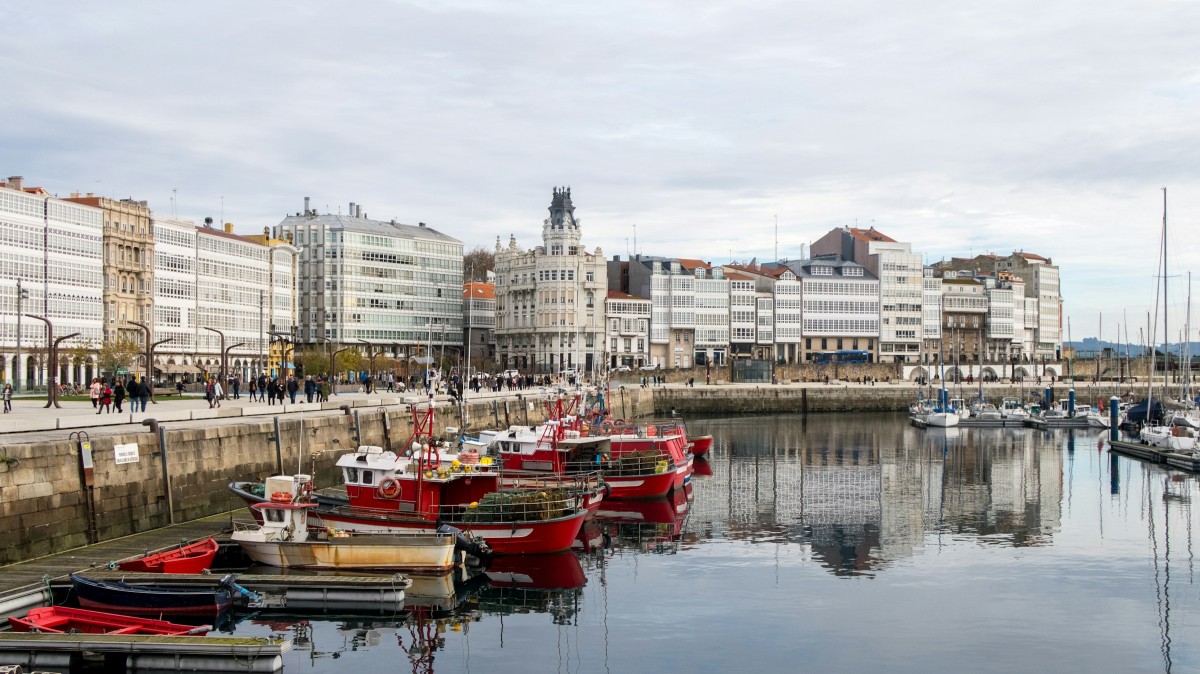
The Councils of A Coruña and Santiago de Compostela, two of the most visited cities in the Galicia region of Spain, have approved an ordinance requiring tourists staying overnight to pay a so-called “tourist tax”.
This move follows a growing trend among Spanish towns and cities to introduce similar charges, aimed at managing the impact of tourism while funding local public services.
The amount payable by tourists staying in either city will range from €1 to €2.50 per night, depending on the type of accommodation. However, this regulation only allows the tax to be charged for a maximum of five nights.
In A Coruña, establishments will begin charging this tax from 1 September, while Santiago de Compostela will implement it from 1 October.
Conditions and exemptions in A Coruña
José Manuel Lage, Economy Councillor of A Coruña City Council, explained that the measure was introduced to “address the rising costs of providing public services, an increase partly driven by the growing number of visitors and tourist stays recorded in the city in recent years.” However, some travellers will be exempt from this charge.
All cruise passengers arriving at A Coruña port until the end of the year will be exempt from paying this tax, as the City Council maintains that the cruise season had already been scheduled well in advance.
Other exemptions include minors, athletes visiting A Coruña for competitions, attendees of conferences or training events, hospital patients and their companions, participants in social work or programmes, and local residents of A Coruña staying in these hotels or tourist establishments due to force majeure.
Lage emphasised the aim to promote “sustainable and quality tourism,” noting that the revenue from this tax will fund “many services provided by the City Council.” He also reassured that “no one will stop visiting A Coruña because of an extra one or two euros per night.”
Conditions and exemptions in Santiago de Compostela
Santiago City Council has set a six-month period to establish a committee in charge of the Sustainable Tourism Forum, which will include representatives from both sides to maintain ongoing dialogue about the sector’s development. Furthermore, 80% of the total revenue collected will be earmarked to finance sustainable tourism initiatives.
In Santiago, exemptions will apply to those travelling for health reasons, minors, and individuals with a disability of 65% or greater.
